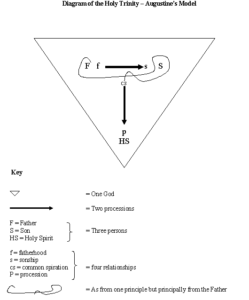
Reading Voltaire’s satire Candide as an impressionable young man led me to think lowly of Gottfried Leibniz as a philosopher. In this satire, Voltaire mercilessly ridiculed Leibniz’s philosophy of optimism embodied by Pangloss, the mentor of the protagonist of the tale, Candide. Pangloss’ mindless muttering of the mantra, “All is for the best in the best of all possible worlds,” is plainly absurd when against the backdrop of an unrelenting series of gross injustices, cataclysmic natural disasters like the Lisbon earthquake (1755) and overwhelming personal tragedies that befall the naïve Candide and his love interest Cunegonde.
In Candide, Voltaire was reiterating an objection to theism which was first formulated as a trilemma by the ancient Greek philosopher, Epicurus, which goes as follow:
1) “If God is willing to prevent evil but is unable to do so, then he is not omnipotent.”
2) “If God is able to prevent evil but unwilling to do so, then he is not perfectly good.”
3) “If God is both willing and able to prevent evil, then why is there evil in the world?” Continue reading “Leibniz On The Problem of Evil and the Best of all Possible Worlds”





